For a long time, the tech field has been dominated by men. And while this is true to date, there have been some considerable changes over the last decade. Today, women and men have equal chances of pursuing the careers of their choice. This is especially true in developed countries where the barriers hindering women’s education have been minimized.
That said, computers became widespread in the 1970s, but before then, advances in computer technologies were already huge. It’s worth noting that some of the first computer programmers and celebrated computer scientists happened to be women. Below, we’ve rounded up some of the most influential coding women in history.
Augusta Ada Lovelace – Programmer of the First Mechanical Computer
Perhaps, Ada Lovelace wasn’t only one of the first but also the greatest computer programmers of her time. Born in 1815 in London, Ada was a renowned mathematician who had the opportunity to work with Charles Babbage, a British computer pioneer. In the 1840S, Ada was tasked with translating an article about the analytical engine from French to English. But instead of just translating it, she added her own notes that ended up being longer than the original article.
In her notes, Ada detailed how it was possible to use symbols, letters, and numbers codes to instruct computers to handle complex calculations. Most of her detailed notes were implemented on the first computers and were a success. This not only made her famous at the time, but it also made her a key figure in the development of the first mechanical computer.
Grace Hopper – U.S Navy Lieutenant & Harvard Researcher
Known for her role as one of the lead programmers of Harvard Mark 1 computer, Grace Hopper was a highly gifted mathematician and computer scientist. During World War II, she joined the U.S Navy as a lieutenant, and that’s where her passion for computer programming and tech took off.
After the war, she worked as a researcher at Harvard, where she helped program Mark II and Mark III computers. In the 1950s, Grace Hopper worked in the private sector and helped develop the first computer-language compiler. She is also credited for coining the term computer bug while working on the Mark II computer.
Annie Easley – NASA Computer Scientist
Easley is best known for her tech role in the aerospace industry, where she started working as a computer programmer, even before earning her college degree. As one of the first African-American women working for NASA, Easley first worked as a “human computer,” a role that saw humans do complex space calculations by hand.
When computers came to market, she went ahead to acquire computer programming skills. Some of her numerous programming projects were used by NASA to research energy conversion systems that led to battery technology used in early hybrid space vehicles.
Karen Jones – British Computer Scientist
Karen Jones was a renowned computer scientist whose work helped create the infrastructure that makes up most of today’s search engines. Additionally, her work in what’s now popular as machine learning made it possible to teach computers to understand human thoughts and make predictions based on algorithms and pattern recognition. Before her death in 2007, Karen had influenced many women to pursue careers in the STEM field.
Frances Allen – FORTRAN Programmer and Teacher at IBM
Frances Allen is one of the most respected women coders in recent history, thanks to her groundbreaking work optimizing compilers. Like many other great computer programmers, Frances Allen started her career as a mathematician. She worked as a math teacher before moving to work for Thomas J. Watson Research Center at IBM. Here, she taught FORTRAN, a computer programming language often used for factory automation control.
Allen planned to work at IBM for as long as it took to pay her student loan debt. However, she ended up staying at the company for 45 years. Her work at IBM has been highly appreciated in and outside the company. This saw her win many awards, including the IEEE Computer Society Charles Babbage Award and the Ada Lovelace Award.
She was also the first woman to win the Turing Award, an annual prize given by the Association for Computing Machinery (ACM). Additionally, Allen became the first woman to earn an IBM fellowship.
Getting More Women to Learn to Code
Most women who have successfully pursued careers in the tech field have served as an inspiration to others. Today, so many opportunities exist for women in the tech space. The push for gender equality in the workplace is also helping level the playing field for everyone who wishes to rise the ranks and progress in their careers.
That said, there are several resources geared for women in tech, i.e., from free coaching and seminars to books, events, and podcasts. All these help break the barrier to accessing the right information, which is key to helping more women develop an interest in tech and computer programming. Similarly, there are also several online coding programs and schools where women and young girls can learn to code from a tender age.






